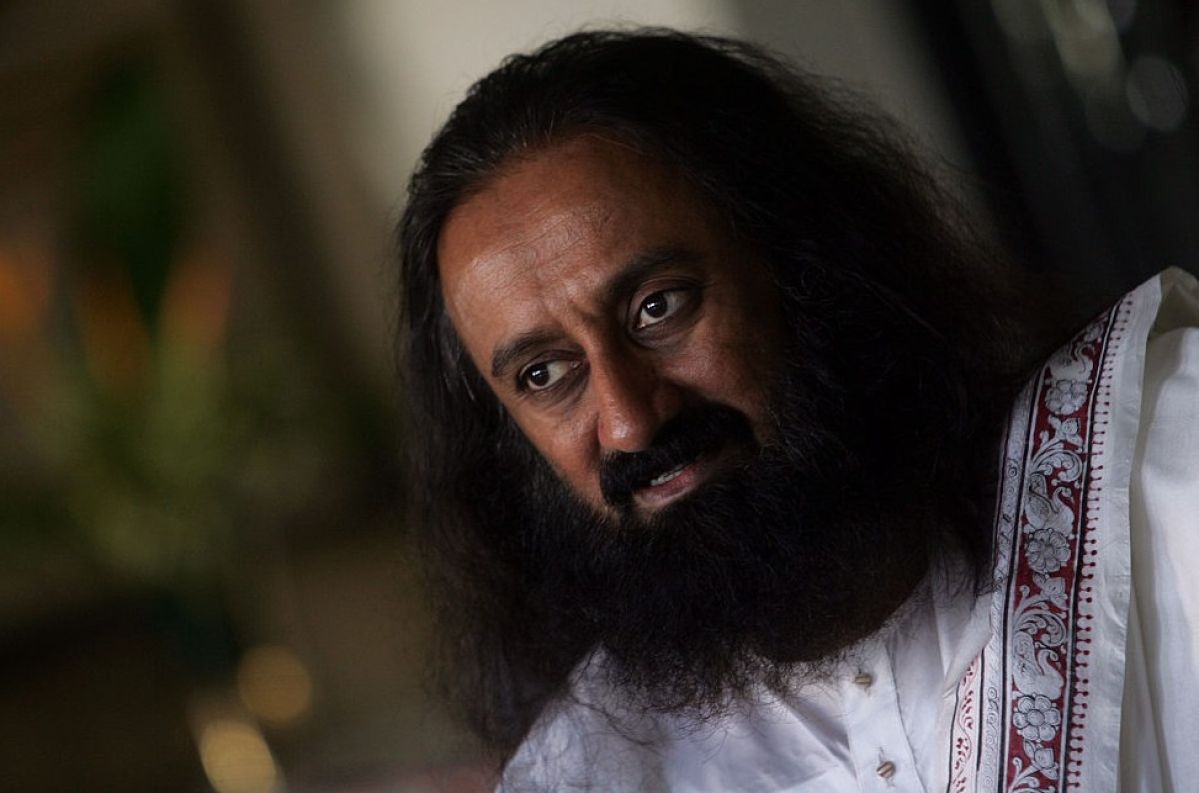Responding to terror
The horrendous attacks in Paris had sent shivers down the spine everywhere in the world. This was a direct assault not only on the European way of life but on values that are common to all liberal societies. India has also suffered greatly due to terrorism over many years. Repeated attacks have caused a certain numbness in the human psyche in Iraq, Afghanistan and other places.
When such incidents happen, we hear a lot of cosmetic condemnation and diplomatic sympathy. We need to go into the root cause of the mind-set – the source of funding and the arms supply. When an inhuman act is committed with a misplaced religious sanctity and pride, then common sense, reason and dialogue do not find place at all. Any military action only makes things worse and results in the regrouping of the ideology. We have seen this over and over again.
If a society has to live in fear all the time, it does not speak well of the century we are in. Where have we gone wrong? Who can take action? Many such questions arise and remain unanswered.
Are the religious leaders, at least, at this point ready to take up responsibility?
Can they risk their position and lives to speak up against such ideologies that do not respect life?
Will the government ban the arms lobby and check the funding that goes into terror groups?
Will the world ever move towards a common goal where there is justice, where compassion and brotherhood reign as life’s central philosophy?
Can diversity be celebrated instead of tolerated?
Can our education system promote reason over blind faith?
A zillion such questions float only to leave the common man more frustrated and depressed. There are some who turn a blind eye towards any such happening and switch over to entertainment channels while others are numb watching violent movies. In this world we do see many heroes amongst commoners who come along to help and bring a ray of hope, and are also committed to uplift the mood of the society. These common heroes are a boon; they are the real Spiritual Beings. The media should highlight such acts of bravery and sometimes does too!
Educationists will have to wake up and bring an education in peace so that the coming generations are both sensible and sensitive to life. Religious leaders will have to come together to promote the common good of mankind and reform the misguided. I strongly believe this is all doable in our generation.
Many times people who feel very passionately for a cause feel justified in adopting violent means in its pursuit. They are driven by a sense of righteousness, though misplaced, and their commitment to their cause is commendable. They are willing to resolve differences through dialogue if approached in the right way.
We have been able to successfully bring back many extremists from a life of violence and rehabilitate them in mainstream society. In fact, many of our free tribal schools in terrorist-affected regions in India are being run by former extremists. They were hostile in the beginning, threatening our volunteers but when they saw that these efforts were benefiting their own communities, they became volunteers themselves.
Our thoughts and prayers are with those affected by the attacks. Such incidents cause anger which can lead to polarisation based on ethnicity and religion, but the real polarisation is between open and narrow-mindedness. While a narrow fanatic outlook can only lead to differences that divide us, it requires wisdom and a broad vision to go past them and arrive at values that unite us. The world needs the latter and not the former!
All children need training in moral values and life skills. As they grow older, they face new situations that call upon their judgment and test their sense of right and wrong.Ancient wisdom can give children and youth a strong moral compass grounded on rationality and inner strength. Wisdom imparted through fun and simple ways can make it more accessible to children.
Our younger ones should have access to simple mental exercises and fun games that give them relief from stress and tension.
All-encompassing education system:
Too often, we see that as soon as students graduate, they have to further qualify themselves, as employers question their employability. This is a failing of the education system.If we had skill development courses integrated with the degree level courses, it would be an ideal transformation of the education system.
Students should be taught practical and useful lessons while they are studying in their undergraduate courses. Otherwise, that period only serves the purpose of securing them a degree that does not lead to productive employment.
Tips to make the education system more effective
Institute awards for social behavior; for instance, reward those manifesting a non-violent and balanced mindset while resolving issues
Adopt a light-hearted and humorous way of teaching even when teaching deep and difficult subjects
Address the issue of drugs, presenting the gory truth so children are never tempted by it
Ensure that children get a nutritious and balanced diet emphasizing its impact on both physical health as well as their zeal to learn
Development of the right mindset:
Children need exposure to life skills that teach them to handle real-life situations. And this exposure must happen at an early age.
They must be encouraged to develop a proper conscience
They must be taught to be self-reliant.
The importance of qualities such as the ability to think judiciously, problem-solving ability, creative thinking, and decision-making skills cannot be overstated.
All this must go side-by-side with compassion and a positive thought process. This is how children will gain the confidence to face life’s challenges head-on.
Development of the 4 Qs:
We’ve all heard of Intelligence Quotient (IQ) and Emotional Quotient (EQ), but there are two more – Social Quotient (SQ) and Adverse Quotient (AQ). Being socially aware is very important to build a caring and compassionate society. And being able to handle adverse situations is vital for children.Children should learn to handle failure and look at it as a temporary roadblock rather than a dead-end without any recourse.
Introduction of yoga and meditation:
Initiate healthy practices like yoga and meditation in schools. Teaching yoga from a young age helps children develop on a holistic level. Meditation teaches them to connect with themselves.In this space, they have respect and compassion for those around them. With these qualities, we can aspire for a progressive society – with gender equality, integration, and overall peace.
It is important that in the absence of physical interactions with their friends, cultural activities in the community, and general outings, families bridge the gap. They must contribute towards the all-round development of children by listening to their problems, interacting regularly with them, and sharing their own life with them. It is also important to eat meals together and stay connected with children.

